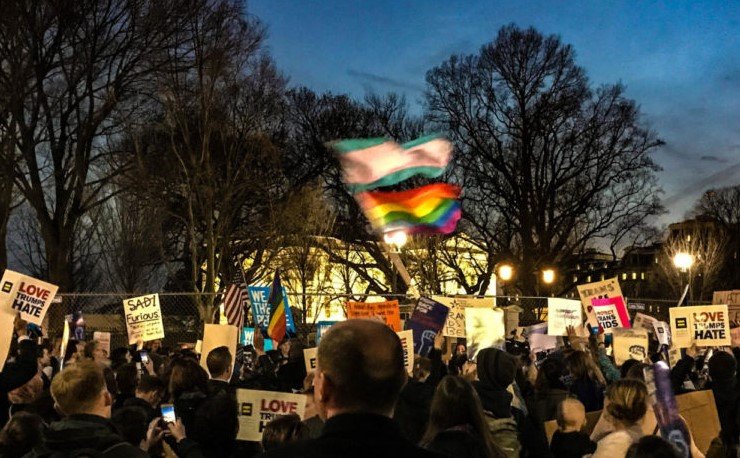In a significant political move, opposition Members of Parliament (MPs) in Georgia have decided to file a lawsuit against the recently adopted Law on Transparency of Foreign Influence. This law, initiated by the ruling majority, has sparked considerable controversy and opposition. The MPs argue that the law is unconstitutional and have taken their case to the Constitutional Court, seeking its annulment. This legal challenge is supported by President Salome Zurabishvili and numerous non-governmental organizations (NGOs).
Opposition’s Legal Battle
The opposition MPs are united in their stance against the Law on Transparency of Foreign Influence. They believe that the law infringes upon fundamental constitutional rights. Specifically, they argue that it violates Articles 22 and 78 of the Georgian Constitution. The MPs are determined to see this law overturned and are actively gathering signatures to support their constitutional lawsuit. This move has garnered significant attention and support from various sectors of society, including the president and numerous NGOs.
The opposition’s legal strategy is to demonstrate that the law is not in compliance with the constitution. They argue that the law imposes undue restrictions on the freedom of association and expression. By labeling organizations that receive foreign funding as “agents of foreign influence,” the law creates a hostile environment for civil society. This, they claim, is detrimental to Georgia’s democratic principles and its aspirations for Euro-Atlantic integration.

The MPs are not alone in their fight. President Salome Zurabishvili has also voiced her opposition to the law and has joined the legal challenge. Her support adds significant weight to the opposition’s case. Additionally, over 120 NGOs have filed a separate lawsuit, further highlighting the widespread discontent with the law. These organizations argue that the law undermines their ability to operate freely and effectively.
Broader Implications
The controversy surrounding the Law on Transparency of Foreign Influence extends beyond the legal realm. It has significant political and social implications for Georgia. The law has been widely criticized for its potential to stifle civil society and limit the influence of foreign organizations. Critics argue that it mirrors similar laws in authoritarian regimes, which are used to suppress dissent and control non-governmental organizations.
The adoption of this law has already had tangible consequences. It has strained Georgia’s relations with its Western allies, including the European Union and the United States. Both have expressed concerns about the law’s impact on democratic freedoms and have called for its repeal. The law has also led to protests and demonstrations, with citizens taking to the streets to voice their opposition.
The opposition MPs and their supporters are hopeful that the Constitutional Court will rule in their favor. They believe that overturning the law is essential for preserving Georgia’s democratic values and its path towards European integration. The outcome of this legal battle will have far-reaching implications for the country’s political landscape and its international standing.
Future Prospects
As the legal proceedings unfold, the opposition MPs remain steadfast in their commitment to challenging the Law on Transparency of Foreign Influence. They are prepared for a prolonged legal battle and are mobilizing support from both domestic and international allies. The MPs are confident that their case is strong and that the Constitutional Court will recognize the law’s unconstitutionality.
The broader civil society in Georgia is also playing a crucial role in this fight. NGOs and media organizations are actively campaigning against the law, raising awareness about its implications and mobilizing public support. They are also exploring other legal avenues, including appealing to international bodies such as the European Court of Human Rights.
The outcome of this legal challenge will be a defining moment for Georgia. It will test the resilience of its democratic institutions and the strength of its civil society. Regardless of the court’s decision, the opposition MPs and their allies are determined to continue their fight for democratic freedoms and the rule of law.
